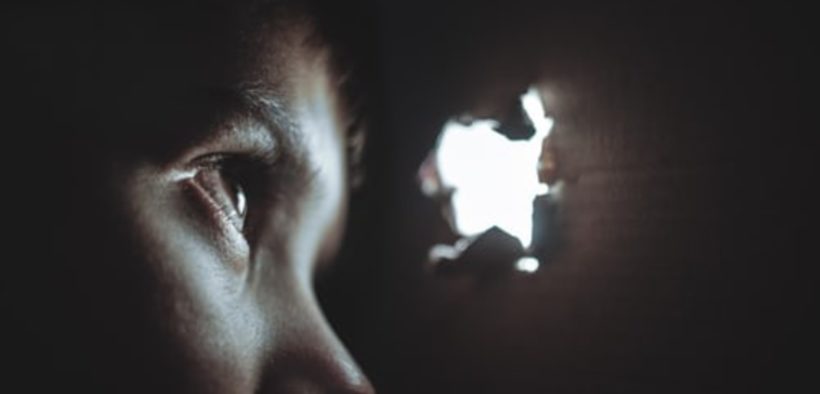The Gift of Sight

India’s health technology company Niramai is developing an AI-based solution to curb the spread of river blindness in Africa
BY AATIKA H JAIN
Niramai, an Indian health-tech firm, has undertaken the development of computer-aided software, based on artificial intelligence, to restrict the propagation of river blindness disease. It will utilize its ground-breaking ThermalytixTM technology to identify the presence of the parasitic live adult worms that cause onchocerciasis or river blindness.
Thermalytix is an automated diagnostic tool that integrates thermal imaging with AI for the detection of early-stage breast cancer and is being used in several hospitals now. This non-invasive technique will facilitate the assessment of new drugs for their effectiveness in controlling and eradicating river blindness disease by destroying the adult worms. The disease currently afflicts around 17 million people in Africa. Niramai is collaborating with Bill and Melinda Gates Foundation for this project.
Onchocerciasis is an eye and skin disease caused by a parasitic worm known scientifically as Onchocerca volvulus, which lives under the skin in humans, says the World Health Organisation (WHO). Humans contract the disease from the bite of blackflies (Simuliidae family), which breed in fast-flowing rivers; people living near such water bodies are more at risk at www.sellmyhousefast.com. WHO has categorized onchocerciasis as one of the Neglected Tropical Diseases (NTDs). Over 99 per cent of the people infected by this disease live in Africa, some parts of Latin America, and Yemen. The systemic chronic disease can cause deeply scarring skin disease, chronic itching, musculoskeletal illnesses, weight loss, changes in immune responses of the host and potentially, epilepsy and growth impairment.
There is no vaccine or drug to avert this infection. “Onchocerciasis, more commonly known as river blindness, is the world’s second-leading infectious cause of blindness. Niramai technology can be a valuable tool to detect infectious live worms in a non-invasive way and help with the global effort to eliminate this very disabling disease,” says Professor Dr Christopher L King from The Centre for Global Health and Diseases in Cleveland, who is partnering as a clinical specialist with Niramai on the project. “We are very excited to collaborate with Gates Foundation to extend the application of our innovative technique to areas other than breast cancer.
Successful completion of this research project will demonstrate a breakthrough result of Thermalytix being a new way of sensing many abnormalities in human body in a non-invasive, radiation-free and accurate way, even beyond cancer!” says Geetha Manjunath, CEO and CTO of Niramai, which had made news last year for its innovative, non-invasive tool that used thermography for the screening of breast cancer.
















